Share this page
Peru's school nutrition program
Preserving culture with innovative product
and package design
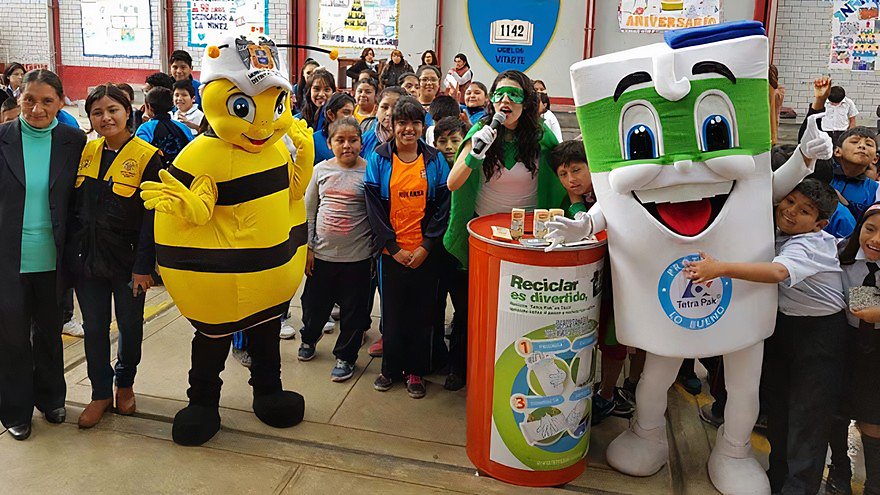
Location
Peru
Number of children
523,000
Age range
Primary
Timing
2015-present
Program overview
The Peruvian school feeding program to promote good nutrition, hygiene and recycling, improve effective food safety – and preserve traditional culture.
Qali Warma, a Department of the Ministry of Development and Social Inclusion, manages Peru’s National School Feeding & Nutrition Programme.
This reaches approximately 3.7 million schoolchildren, of which 523,000 receive fortified beverages in Tetra Pak packages.
One of the goals of this program is to provide daily meals characteristic of the local culture. To date, 38 schools across Peru have received direct intervention for improving the school food environment including milk and dairy foods.
Type of products
School meals including fluid milk and dairy foods
Stakeholder engaged
School districts, school food service departments, community partners, students
Additional details
According to the World Food Programme (WFP) 13% of Peruvian children suffer from chronic malnutrition and 22 percent of people have little access to nutritious food. Alongside this, there is a need to preserve local culture and language through education. The Quechua family of languages is spoken by more than three million Peruvians, making it the country’s second most-used language after Spanish.
P&D Andina Alimentos, S.A., made history with a Yoleit brand launch of a new fortified dairy product featuring both Spanish and Quechua languages on the package. This beverage contains locally-produced grains and is enriched with vitamins A, D, E, calcium, zinc and magnesium. The packaging also incorporates educational messages that promote good nutrition, hygiene and recycling.
The Peruvian school feeding program, in collaboration with suppliers and Tetra Pak, also provided training to promote and improve effective food safety. The scheme’s initial recycling goals were to recover post-consumer packaging from 38 schools and to create awareness by training teachers about nutrition and environmental care in a dynamic way.
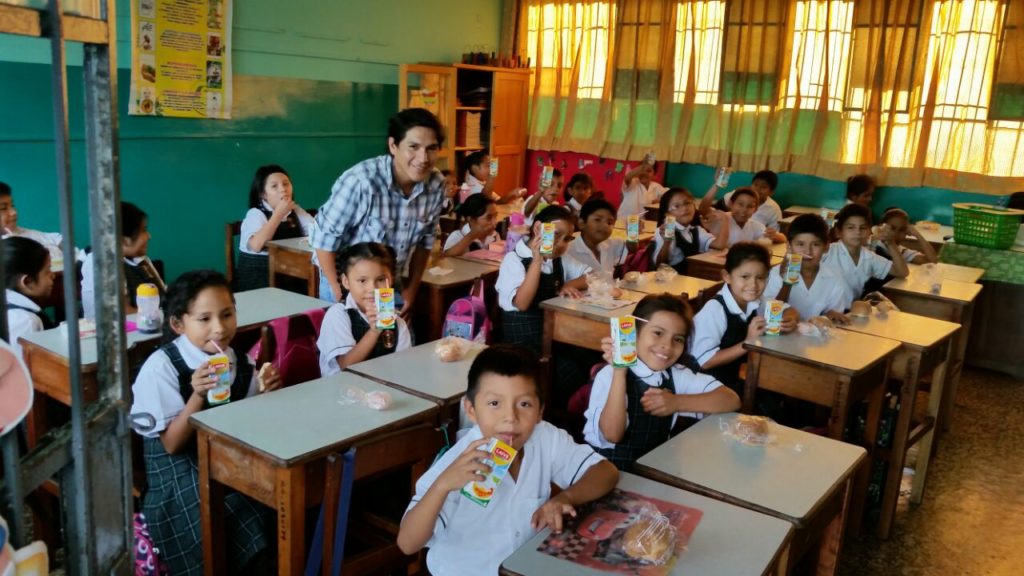
Organization
Department of the Ministry of Development & Social Inclusion, Peru - supported by Tetra Pak
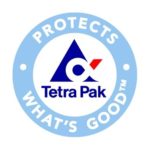
Monitoring & impact
The combination of a Yoleit fortified dairy beverage that catered to local tastes and innovative package design that shares important information in a culturally savvy way, helping preserve one of Peru’s native languages and conveying important educational messages around good eating habits, recycling and protecting the environment, the project was well received.
The results demonstrate the power of working closely with customers and innovating to provide children with a nutritious product in a fun and educational way. This project will be expanded to cover more schools and reach more children.
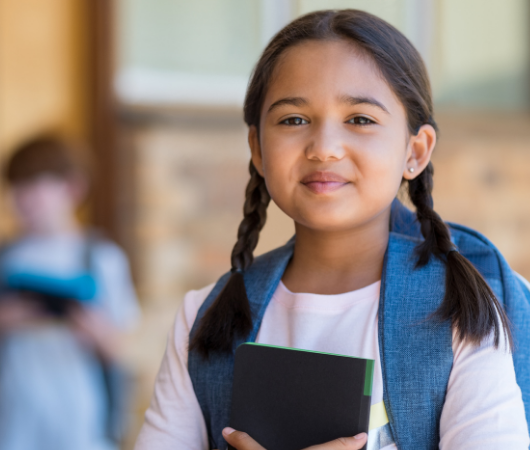
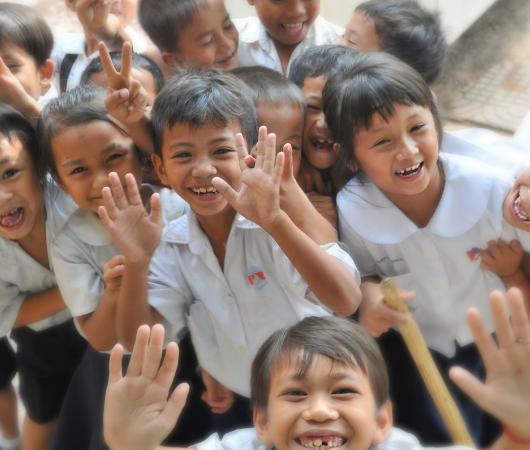
Dietary guidelines
Peru published its first dietary guidelines in 2019. The National Center for Food and Nutrition within the National Health Institute has developed the FBDGs. The development process also involved the participation of representatives from public entities, academia, professional associations and research institutions, as well as the technical support from FAO. The guidelines are directed at the general population.
The technical document is meant for health promotion purposes in all health centers and medical services of regional and local governments, social security and private health centers, among others. Peru's food guide is represented by two circles and a base. The outermost circle includes physical activity, drinking and commensality recommendations. The inner circle showcases the main food groups (cereals, tubers and legumes; fruits; vegetables; animal-source foods; milk and dairy; fats and sugars) in the proportionality that they are recommended. Messages include: Strengthen your body and mind eating one animal-source food every day (eggs, meats, offal, fish and dairy).
Further links
A range of materials were developed to support the project. These include:
- Digital communication material for schools to share best practices relating to UHT technology and food safety
- An environment education programme, which included training on how to recycle a used beverage carton was also provided
- An online platform on Facebook to share content about environmental care and nutrition.
- Further information on the development and implementation of this program is available on the Tetra Pak website
.
.






